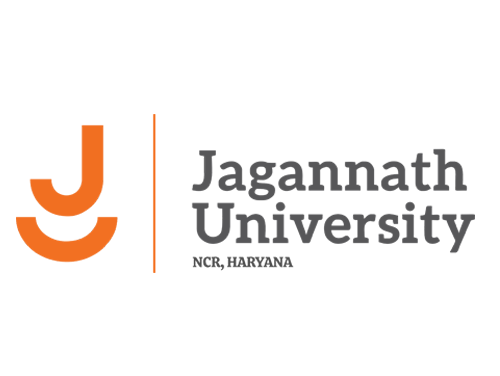B.Sc Medical Radiology and Imaging Technology
The Medical Radiology and Imaging Technologists are certified technologists who capture images of organs, bone, and tissue for patient diagnosis. Technologist is equipped with technological Skills to handle imaging equipment and interpersonal skills necessary for patient care. A technologist produces radiography of patients with the help of X-ray to find the exact medical condition of the patient. In addition to X-ray, a radiographer also considers CT scans & MRI for producing radiography. Radiology field is broadly divided into two areas namely diagnostic radiology and interventional radiology. Duration: 3+1 Years Two year programme- Advance Diploma in Medical Radiology and Imaging Technology Three year programme – Bachelor of Science (Medical Radiology and Imaging Technology) Four year programme – Bachelor of Science Honours (Medical Radiology and Imaging Technology) Eligibility:
- Candidates must have studied Physics, Chemistry, Biology or Math’s in class 12th in order to apply for these courses.
- Student must have secured 50% marks in Class 12th.
- LATERAL ENTRY :- (2+1=3YEARS )
- Candidates must have Two year diploma in Medical/Radiological imaging Technique from a recognized board /college /university.
- Admission to B.Sc Medical Imaging Technique (Lateral Entry ) programme is done on the basis of marks secured by candidates in diploma . Minimum qualifying percentage is 50%.
- Medical Imaging/Radiology Technologist
- MRI Technologist
- Radiology Assistant
- Radiotherapist /Radiation Technologist
- Nuclear medicine technologist
- Ultrasound Technologist / Diagnostic Medical Sonographer
- Radiological Nurse
- CAT Scan Technologist / CT Scan Technologist
- Recruitment in PHC
- Recruitment Medical colleges as a Tutor/Lecturer/Demonstrator
- Radiation safety officer at Diagnostic and Imaging centres
- Recruitment in forensic and research labs
- Recruitment Super specialty and Multi specialty hospitals
- To open your personal set up under supervision of radiologist
- Job opportunity in Academic institutions
- Master’s in Medical Radiology and Imaging Technology
- Master of Health & Hospital Administration
- Master of Business Administration
- Well qualified and experienced faculty
- Research oriented programme
- Well Equipped labs for practical demonstration
- Collaboration with multi-specialty hospitals and labs
- Visits to Govt. hospitals and NABL accredited labs on weekly basis for clinical practices
- Interdisciplinary courses
- Earning of credits by online digital courses
- Specialized training, workshop and conferences part of curriculum
- Each student mentored by faculty
- Lab and Simulation Training - state-of-the-art labs and high-fidelity simulation facilities to apply your in-depth knowledge to real-world scenarios.
- Field Practicum - to hone your critical thinking and decision-making skills, and to strengthen your delegation and leadership skills. After having successfully completed the second semester university examination the student will be qualified to commence the clinical postings for 2-3 weeks in each semester in leading hospitals. One-year full time internship in a hospital is mandatory to enable a student to obtain the degree of Bachelor of Science in Medical Radiology and Imaging Technology.
- Clinical Practicum - Hone your assessment, management and communication skills during two hospital-based practicums.
- Inter-professional Education - In order to prepare you for an integrated role within the health care team, you will have the opportunity to work with students from other programs within the School of Health. Learning activities are designed using a problem-based learning (PBL) model and include high-fidelity simulations, interactive case-based table-top exercises, and collaborative skill acquisition



















